We are assured by the World Health Organization (WHO), the World Bank, the G20, and their friends that pandemics pose an existential threat to our survival and well-being. Pandemics are becoming more common, and if we don’t move urgently we will have ourselves to blame for more mass death of the ‘next pandemic.’ (more…)
Category: Health
-

Can we build on Whitlam’s legacy and place patient need at the heart of Medicare?
Our health services should be first and foremost about patients, and a revamped Medicare should be focused primarily on patient need, not on the antiquated view of some providers as to how a 21st century health system should be. (more…)
-
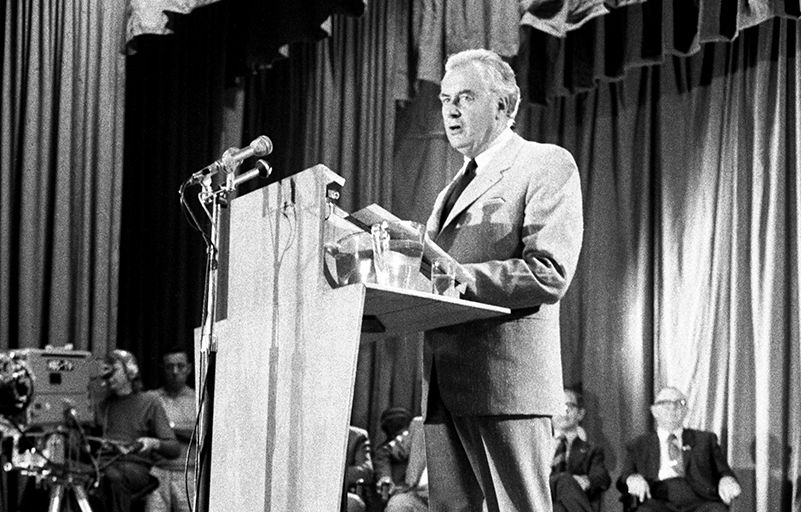
Whitlam was elected fifty years ago today: Medibank/Medicare was conceived five years before that
On a bleak Melbourne midwinter night in 1967, Medicare was conceived. The election of the Whitlam Government on December 2 ,1972 gave impetus to what was to come. Medicare was finally launched in 1975. (more…)
-

Yes, the Chinese protests are about politics and freedom. But they are also about what COVID might do if it is let loose now
While a lot of attention has been given to the unprecedented protests in China about the “dynamic zero COVID” policy, not much has been written about the wider political context, and particularly the young people leading the protests. (more…)
-
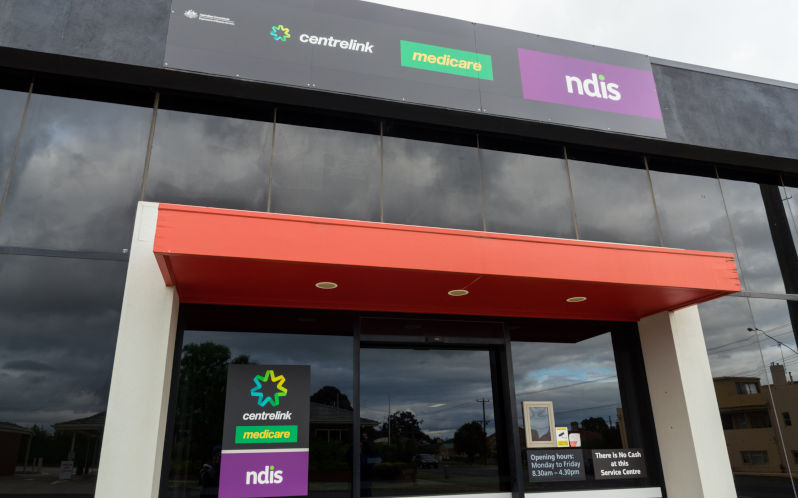
Disability is not a hobby: our mutual obligation to society is paid richly and in full
Why shouldn’t my participation in the development of (disability) social policy through academic research and writing – voluntary or not – be viewed as a substantial contribution to Australia? I do not understand “mutual obligation” in the individualistic way that government and neo-liberal social policy interprets it. (more…)
-

A matter of conscience: what to do about the national medical regulator
The national medical regulator, the Australian Health Practitioner Regulation Agency (AHPRA), is responsible for the oversight of fifteen different groups of health professionals, covering a total of 825,700 practitioners. AHPRA has become a huge and well-resourced bureaucracy which now has the capacity to ‘pull the wool over the eyes’ of distant and poorly-briefed health ministers whose accountability for the regulator is remote. (more…)
-
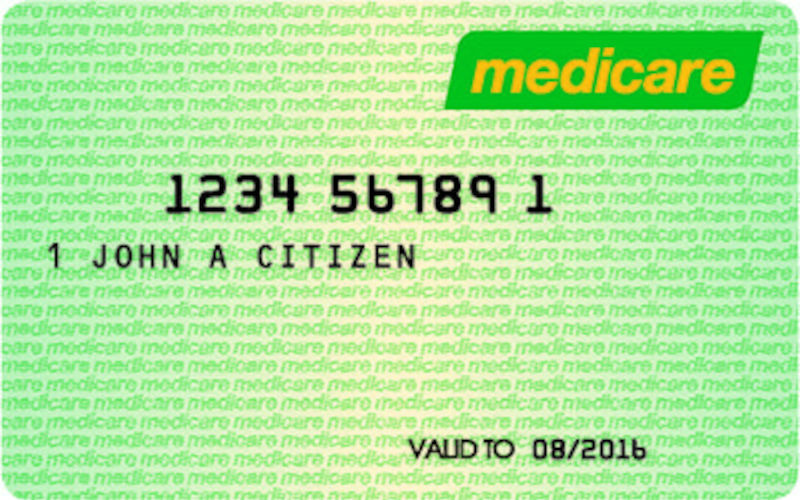
Your Medicare card: the Whitlam government’s contemporary legacy
On December 2 we celebrate the fiftieth anniversary of the election of the Whitlam government. Health reform was one of that government’s signature achievements. It appears that the stars are now aligning to build on Whitlam’s remarkable legacy and create a new Medicare fit for purpose in the 21st century. (more…)
-

Reinventing the NDIS
What was in the minds of the originators of the NDIS, of the nature of disability? How did they see the role of the NDIS within existing social, health, and economic, environments? (more…)
-

Medicare compliance review unlikely to succeed
Minister for Health Mark Butler has given in to pressure from some media outlets and on 5 November announced an independent review into Medicare compliance to report in four months – a requirement which means it will struggle to deliver on its main terms of reference. (more…)
-
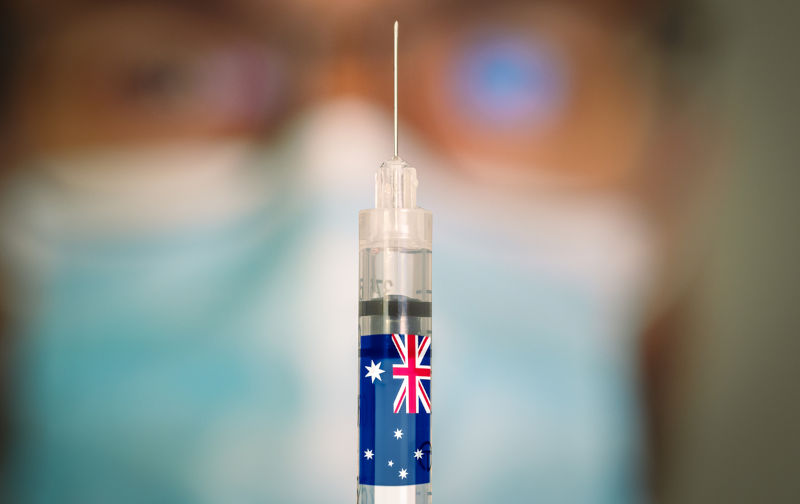
Covid Hindsight: Victoria acted on nightmare potential for system collapse
The press has been spattered in recent weeks with hindsight wisdom about Australia’s – and particularly Victoria’s – handling of the pre-vaccine pandemic. The relatively easy time we are having with COVID now and the low numbers of people being hospitalised with COVID are being used to argue that earlier restrictions were unnecessary but it is crucial to remember what the world looked like when those decisions were made. (more…)
-
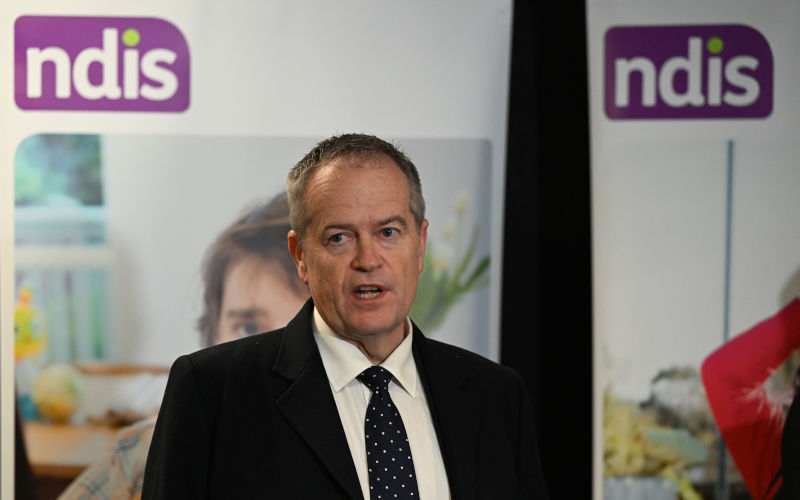
NDIS: What do soaring costs tell us?
The budget has seen shock headlines about the increase in NDIS costs. The AFR screamed in its headline “…the NDIS will blow out to $50 billion”. It didn’t mention that this was in nominal terms – but the real increase of 17% over the next four years is serious enough. (more…)
-

The Strengthening Medicare Taskforce: Making everyone equal at the front door of the health system
Following the outcome of this year’s Federal Election, Health Minister Mark Butler convened the Strengthening Medicare Taskforce (SMT). (more…)
-

Some overlooked questions about the Medicare fraud hullabaloo
The ABC’s 7.30 Report is not inclined to sensationalism. Why on earth then did they turn a possibly valuable story on Medicare into a sensationalist one? (more…)
-

Medicare “rorts”ridiculous, but reform still needed
Suggestions that Medicare is being “rorted” to the extent of $8 billion a year are ridiculous. But that doesn’t mean there isn’t a need for reform in how Medicare pays GPs. (more…)
-

“Sixty percent of all claims sent to Medicare for payment are fraudulent”!
Is $8 billion dollars a year being rorted from Medicare? This claim for almost universal fraudulent behaviour is a nonsense. The entire bill for Medicare funded GP services is only $12 billion. (more…)
-

Paramedics missing in health care debate
In a country with well-publicised shortages in the health workforce, it’s perplexing and perverse that policymakers don’t use paramedics better. It’s an anomalous situation that the Strengthening Medicare Taskforce can help to overcome.
-

The Strengthening Medicare Taskforce: No panacea, but great promise in technology driven care
As the Strengthening Medicare Taskforce considers how to ensure access to care is modern, patient-centred and easy, it should not under-estimate the possibilities that technology-driven care has to offer.
-

Technological revolutions and the need for human interaction
Vast technological revolutions have improved people’s lives to a phenomenal degree. Do I dare to think about what my life would be like without these positive developments?
-

Specialist nurse care: a no-brainer in Multiple Sclerosis
Specialist Nurses are the lynchpin in modern multiple sclerosis (MS) care but their numbers in Australia are deeply inadequate and declining. A new report confirms that Specialist MS Nurse care reduces symptom severity in this chronic neurological disease, optimises use of complex, effective (albeit expensive) therapies and reduces hospitalisation. Economic studies show substantial cost benefits. (more…)
-

Right wing media outraged by Australia’s Covid 19 response
While there are demands from right wing commentators for a Royal Commission into Australia’s mishandling of the “essentially innocuous” SARS-Cov-2 virus, in reality Australians continue to die from infection while the distressing and prevalent morbidity associated with infection is becoming clearer and clearer. (more…)
-

The contrast between China and the US as the Covid debacle rolls on
“The U.S. represents 4% of the world’s population, 25% of global covid deaths, 23% of covid cases and 35% of all Monkeypox cases….The U.S. is a public health fiasco.” (more…)
-

Advertising by doctors: Helpful or harmful?
It was only as recently as 1979 that Dr Arthur Burton wrote in his Australian textbook on Medical Ethics and the Law ‘It is the hallmark of a responsible profession that its members do not advertise, and so the ethical rules relating to advertisement are strict.’ In his book he quoted the then advice of the Medical Board of Victoria that: ‘Advertising has for many years been held judicially to constitute infamous conduct in a professional respect, and therefore a ground for deregistration.’ (more…)
-

Learning from people who are homeless
A homeless person’s life, burdened, as it often is, by physical and mental illness, addiction, and social disadvantage, can lead us to think their life is meaningless and of no value; but we can be so wrong, they have much to teach us. (more…)
-

Beetaloo gas field: Resurrect health impact assessments to save lives
Our new government walks both sides of the street on fossil fuels. (more…)
-

The Strengthening Medicare Taskforce: Commonwealth must resist lobbyists and embed team-based care
The Strengthening Medicare Taskforce must set aside the tired, unhelpful trope that care is about choosing between a GP, or a pharmacist, or a nurse. Health care professionals are complementary to each other and provide better care working as a team.
-

The demarcations and restrictive work force practices in our health ‘system’ are a public scandal
Our eighteenth century health workforce structure needs a root and branch overhaul. But governments are too frightened to tackle health providers like doctors and pharmacists. Blue collar workers however are easy prey. (more…)
-
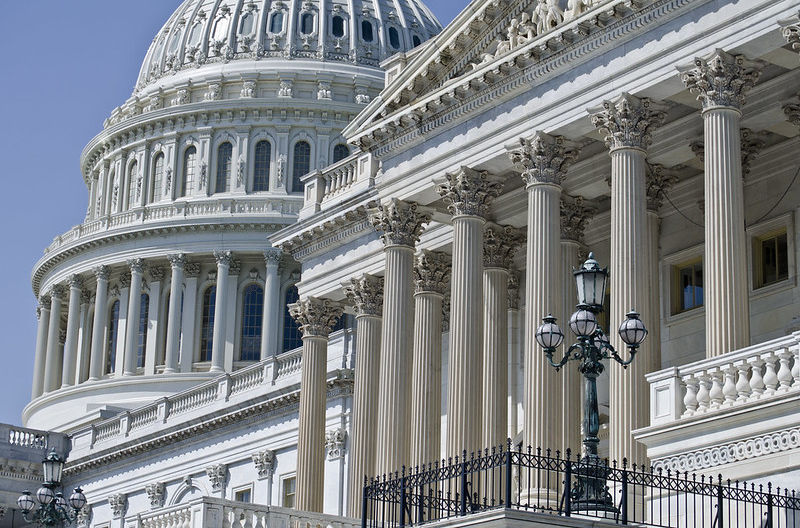
America the great? How the decline of the US will affect Australian policy
Courtesy of the Financial Times early last year, we ran what I regarded as the graph of the first two decades of this century. (more…)
-

Modi’s India gets a free pass on Human Rights – but not China!
The people of Jammu-Kashmir are at a critical juncture in their struggle for justice. Despite the fact that they live in the most militarised region on earth, experience shocking human rights abuses, and have been given a genocide warning by Genocide Watch, few Western countries have acted. It’s time for the Australian government to speak up about the crimes of the Modi government.
-

Our primary care system needs a philosophical and structural revolution (part two)
One of the unique disadvantages we must deal with as we try and integrate our delivery of health care is the division of responsibility for Hospital care and Primary Care between our State and Federal governments. The tension created, largely around money, makes the desired smooth integration of all health care needs ,in a patient focussed way, impossible. No reform is more important than abandoning this mess by creating a single funder model for Australia’s health care. (more…)
-

Our primary care system needs a philosophical and structural revolution (part one)
It is totally appropriate to use the word ‘crisis’ when describing the current state of Primary Care in our country. Our ‘General Practitioners’ are increasingly giving voice to their frustration with the structures and strictures within which they are expected to deliver health care to Australians. Their disillusionment is infectious with recent studies reporting that only 9-15% of graduating doctors are contemplating careers as “GPs”. (more…)
